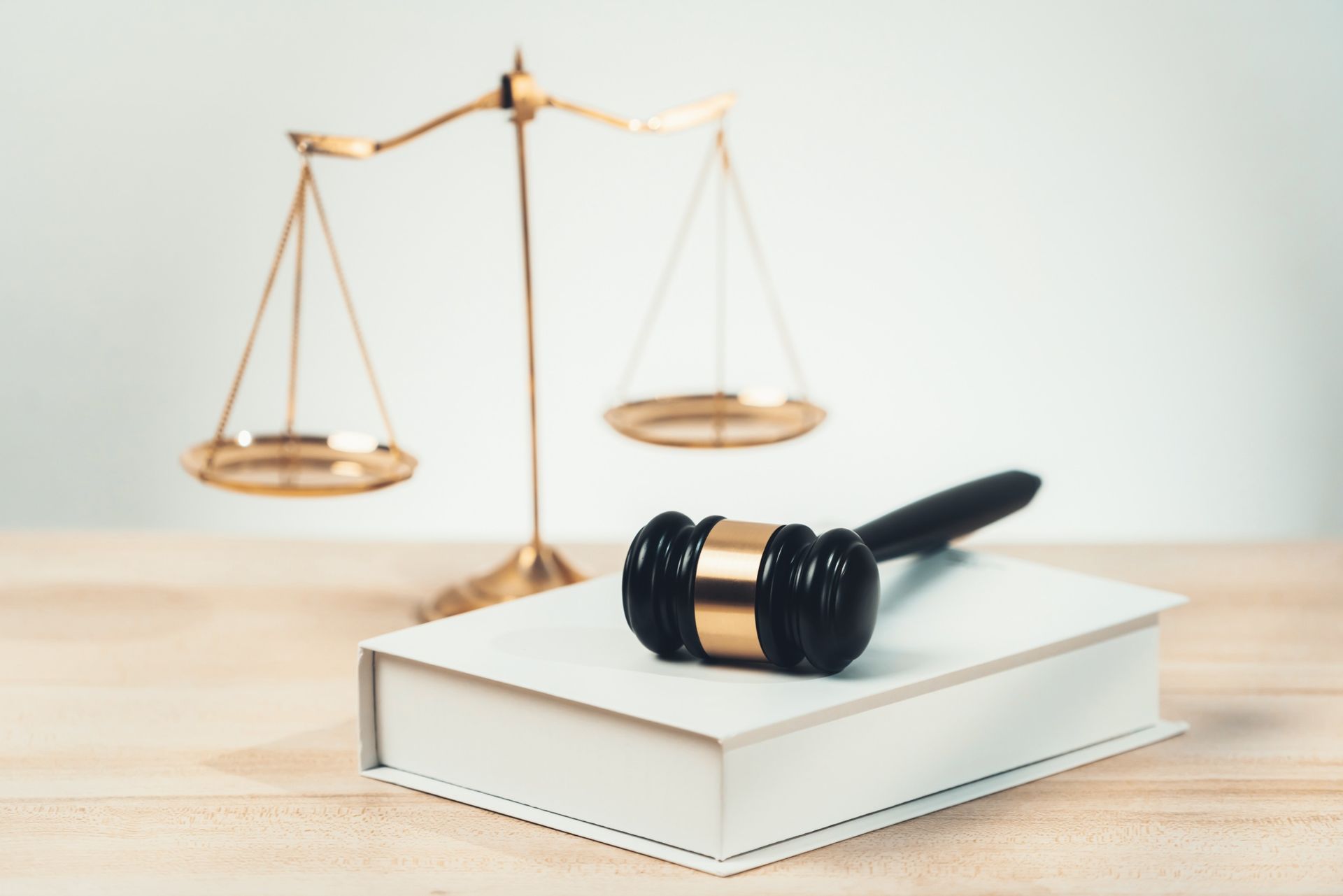Contact Us
Phone: 718-831-6508
Location
675 3rd Ave #1810
New York, NY 10017
Hours
- Mon - Fri
- -
- Sat - Sun
- -
Employment Discrimination: Who Is Liable
Your liability for employment discrimination claims depends on hour and wage laws, employment laws, anti-discrimination laws, and payroll taxes. It also depends on whether you classify your workers as employees and how many employees you have working in total for your business. Once you decide to hire workers, different state and federal laws come into consideration. If you choose to lease or hire your employees or use independent contractors, you have to understand the various laws that can impact your relationships.
Generally speaking, whether or not your business has to abide by specific employment laws depends on how many employees you have and how long they've been your staff. However, even with the broad range of state and federal laws regarding discrimination, it only takes having a single employee to make your business abide by employment laws in certain states. So, to understand who is liable when it comes to employment discrimination, you have to know how the law defines an employee.
Defining an Employee
The standard definition for an employee is someone who performs services for a corporation, entity, or person who lays out what the worker needs to do and how they should do it. Definitions will vary depending on whether you apply it for the IRS for employment tax purposes or to help determine if your worker is someone whom the Fair Labor Standards Act (FLSA) protects.
The standard definition of an employee applies even if you give your worker a large amount of freedom to work independently. When you classify a worker as an employee, you have the legal right to control the when, where, and how they carry out their tasks or services instead of just the results. If you can't, you'll classify this worker as an independent contractor over an employee. To be an employee, your worker will have to:
- Perform the work personally after getting the correct tools, training, supplies, etc.
- Maintain a relationship with you as an employer
- Qualify for any company benefit plans
- Be subject to the employer's control, even if they choose not to exercise it
- Work at locations and during hours assigned by the employer
What Are Temporary or Leased Employees?
In virtually all leasing or temporary situations, your business and whichever agency you use for staffing are joint employers. So, both your business and the staffing agency have a legal responsibility under state and federal employment laws that apply to each employee. Also, just because you think that you managed to create contracts that put all liability on the staffing company, you've most likely not managed to escape total legal liability. For example, the Occupational Safety and Health Act states that the business always retains employee safety liability in the workplace.
However, generally speaking, you can avoid payroll responsibilities when the staff comes from a staffing or temporary agency, even if you recruited the employees yourself. You might be able to exclude any contingent staff you have from your employee benefit plan, even if the law classifies you as a joint employer with the staffing agency. However, you have to include them in your count for coverage purposes under discrimination laws if you've had them employed for more than a year.
Your Liability for Discrimination Lawsuits as an Employer Under Title VII
Title VII's anti-discrimination provisions apply to any employer with more than 15 employees who affect or engage in interstate commerce. This also encompasses every level of the government entities. The Act will also protect employees and not independent contractors. An employee is anyone who has an economic dependence on the employer and whom the employer can exercise control over.
Determining who Title VII covers is a very different question from who Title VII deems liable for wrongful discrimination. For example, say an office worker has a long supervisor chain. The employee tells her direct supervisor that she is pregnant, and the employer fires her because of her pregnancy. Title VII prohibits discrimination based on sex, so the employee has a discrimination claim. But, who can she sue? Should she sue the company itself or her direct supervisor?
According to Title VII, it's not possible to sue the direct supervisor in an individual capacity. So, for the example we outlined above, the office worker won't sue the immediate supervisor. However, she can sue the company that fired her. So, the employer, instead of the individual, is liable. The ability to sue an employer as an entity stops employers from putting discriminatory practices into place. It also helps avoid liability by using middle managers or proxies to blame.
When you think about it practically, having the ability to sue the employer for how the supervisors act benefits the employees. Generally, the employer will have to compensate the employee for any harm they suffer due to discrimination instead of an individual supervisor, which can increase the payout.
Your Liability at a State Level as an Employer
One of the most essential parts of state law concerning employment is the discrimination umbrella. Employers with 15 or more workers get subjected to more comprehensive and complex federal anti-discrimination laws. However, some state laws also require that an employer only needs a single worker to uphold anti-discrimination laws. So, in some states, your business may be exempt from federal laws, but you have to follow the state civil rights laws.
Additionally, state laws can have a broader scope than federal laws do, resulting in protection for groups that might not fall into the federal law's protected groups. Some state laws might also protect other groups, including smokers, people in different age groups, and people who have particular sexual orientations. Every state has at least one law that pertains to employment discrimination. The law may not apply to you, but it depends on your business's size. If it does apply, take steps to stay in compliance with it, as your employee can also hold your company liable under state laws.
Set Up a Consultation Today
Now that you know that the employer as an entity instead of the individual supervisor or worker is liable for employment discrimination lawsuits, we urge you to contact us. We can help determine whether or not you have a solid case and your next steps in the process.


Schedule a Case Evaluation
Contact us now!
Homepage FCE Form
We will get back to you as soon as possible.
Please try again later.
By submitting this form, you agree to be contacted by our law firm, either by phone, text or by email.
Practice Areas
Hours
- Mon - Fri
- -
- Sat - Sun
- Appointment Only
Late Nights Appointment Only
Contact Information
Phone: 718-831-6508
Call to Speak to An Agent 24/7
Book Your Free Employment Law Consultation
675 3rd Ave #1810
New York, NY 10017
Disclaimer: The information on this website is for general information purposes only. Nothing on this site should be taken as legal advice for any individual case or situation. This information is not intended to create, and receipt or viewing does not constitute an attorney-client relationship.
All Rights Reserved | LAWYERFORWORKERS | Powered By Convert It Marketing | Privacy Policy
All Rights Reserved | LAWYERFORWORKERS | Powered By Convert It Marketing | Privacy Policy









